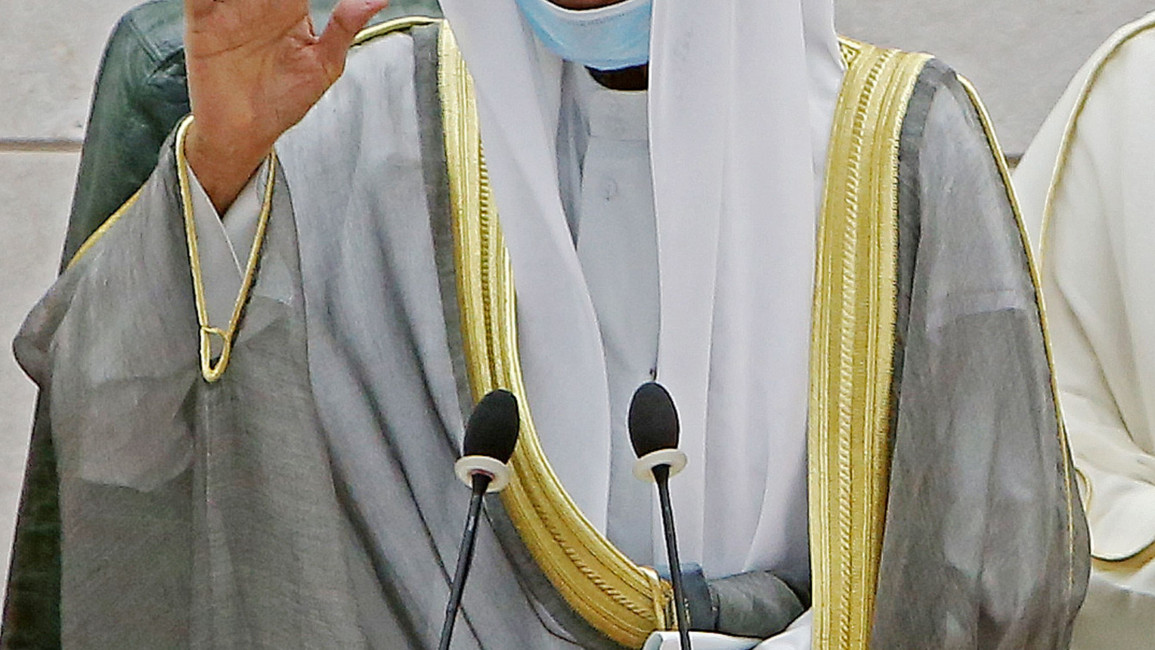Kuwait emir paves way for amnesty pardoning dissidents amid governmental standoff
Kuwait's ruling emir on Wednesday paved the way for an amnesty to pardon dissidents, which has been a major condition of opposition lawmakers to end a months-long standoff with the appointed government that has held up planned fiscal reforms.
Emir Sheikh Nawaf Al-Ahmad Al-Sabah tasked the parliament speaker, the prime minister and the head of the supreme judicial council to recommend the conditions and terms of the amnesty ahead of it being issued by decree, Sheikh Nawaf's office said.
The statement by the emir's office said the amnesty would cover "some Kuwaitis sentenced in past cases" but gave no further details. It said some 40 MPs had called for the amnesty.
The stand-off between the government and the elected parliament had paralysed legislative work, hindering efforts to boost state finances and enact measures including a debt law making it possible to tap global markets, a government priority.
Although Kuwait does not permit political parties, it has given its elected legislature more influence than similar bodies in other Gulf monarchies, including the power to pass and block laws, question ministers and submit no-confidence votes against senior government officials.
That gives citizens more say over how the country is run than in neighbouring autocracies, though the emir has final say in state matters. But deadlocks between the cabinet and assembly have over decades led to government reshuffles and dissolutions of parliament, sometimes hampering investment and reform.
A fire broke out in Kuwait 🔥 at a major oil refinery on Monday.
— The New Arab (@The_NewArab) October 18, 2021
No causalities were reported. #القطاع_النفطيhttps://t.co/Hqf2oUrjf9
The statement said the emir had decided to use his constitutional right to issue amnesties, following talks between the government and parliament to enhance "political stability" and cooperation between the executive and legislative branches.
Dissidents in self-imposed exile include former lawmakers who took part in a 2011 storming of parliament over alleged government graft and mismanagement, and other Kuwaitis who openly criticised the emir - a jailable offence - or other Gulf rulers.
(Reuters)



